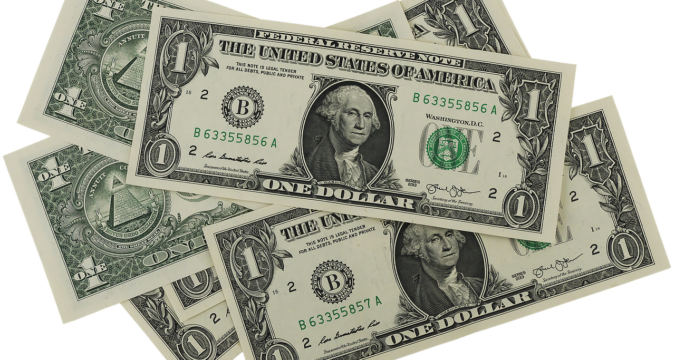
On Wednesday, world stocks moved closer to record highs and Asian shares managed to hit a record peak, as investors placed their bets on a stronger economic recovery next year. The upbeat mood in the market ended up pushing the safe-haven US dollar to its lowest level since April 2018. The main markets in Europe were hoping for a sixth consecutive session of gains, as Oxford University and AstraZeneca’s coronavirus vaccine became the second one to be granted approval by the United Kingdom, thereby giving the FTSE 100 a boost by 0.2% in early trading. A more transmittable and new version of the virus is rapidly spreading, but the Pfizer Inc. and BioNTech vaccine is also being rolled out this week by European Union countries.
Wall Street was also set for a higher open, with the S&P500 futures gaining by 0.4%. On Tuesday, US stocks had declined from an intraday record high, after a vote was put off by Mitch McConnell, the Senate Majority Leader, on US President Donald Trump’s call of increasing the coronavirus relief checks. The first known case of the highly infectious and new version of the coronavirus was also detected in the United States, which has already been seen in South Africa and Britain.
The world stock index of the MSCI stayed upbeat and had gained by 0.2%, which brought it quite close to the record highs that it had reached on Tuesday. This year, the index has climbed by 14% and almost 70% from the lows it had reached in March. This was mostly because of the boost delivered by trillions of dollars given out in global economic stimulus and hopes that the COVID-19 vaccines will help in reopening economies that have been locked down. Market analysts said that the prospect of a more widespread and rapid inoculation will give markets a confidence boost.
Other than the virus concerns, the British lawmakers were also scheduled to vote on the UK-European Brexit trade deal on Wednesday, a day before the Brexit transition period comes to an end. There was a 1.4% increase in the MSCi’s gauge of Asia-Pacific shares outside of Japan, as it was led by a boost in Chinese shares. This brought its total gains for the year to around 19%. There was a 0.45% fall in Japan’s Nikkei average on its last trading day of the year, after it had jumped to a high of 30 years on Tuesday.
Risk assets were underpinned by the conviction that global monetary authorities would continue injecting the banking system with liquidity for supporting the pandemic-stricken economy. Even though a lot of Republican senators in the United States are against the proposal of increasing relief checks, support for it appears to be growing. These include two Republicans in Georgia, who are involved in crucial races that will determine who retains control of the Senate. The dollar continued to weaken in the currency markets. It fell again on Wednesday, the first day where trades will be settled in the next year.


